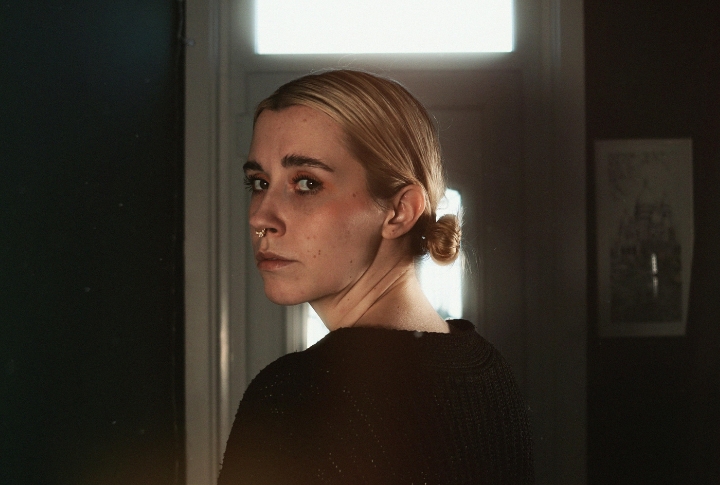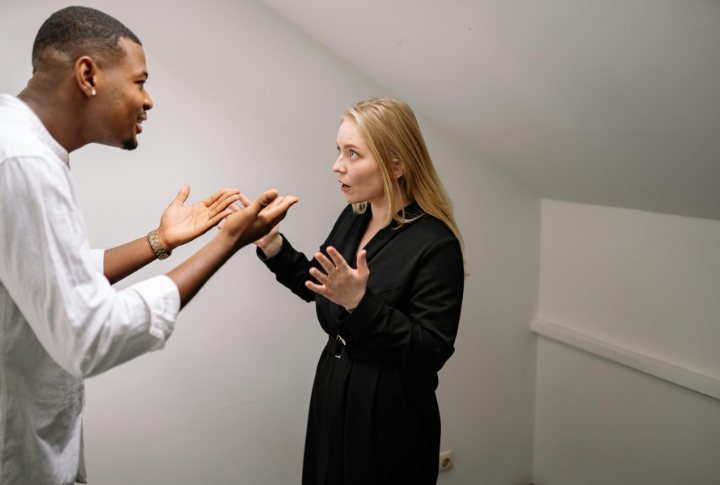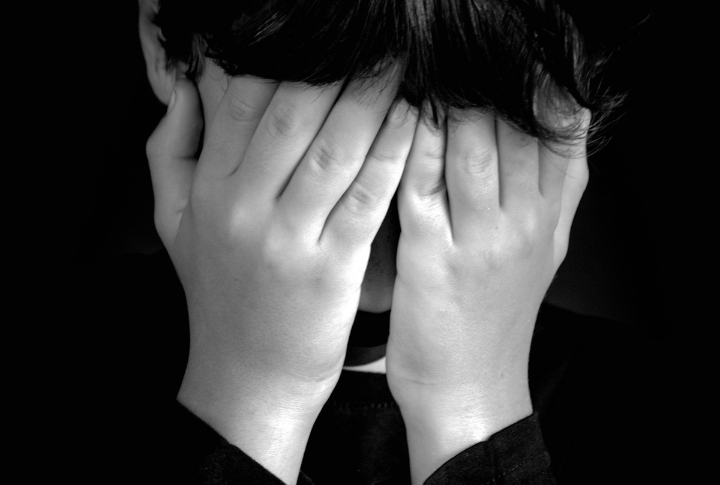
A relationship that thrives on emotional chaos isn’t love. It runs on power and dependency, no matter how convincing it looks from the outside. The signs are usually subtle, quietly shaping every interaction. Spotting them early makes all the difference in breaking the cycle. Here are 20 ways to tell your relationship is a trauma bond and not love.
You Feel Addicted To The Highs And Lows

In some relationships, arguments are followed by affectionate make-ups. During these make-ups, the brain releases dopamine, a chemical that makes you feel good. This creates a “high” that you start wanting more of. Over time, you get used to this drama and feel uncomfortable when things are calm. Real love should feel steady and safe, not chaotic.
You Constantly Justify Their Bad Behavior

People in trauma bonds usually defend a partner who hurts them. They may blame themselves for the partner’s anger and say things like, “They had a tough childhood.” These repeated excuses create emotional dependency and prevent healthy boundaries. Justifying harmful behavior doesn’t make it harmless; it keeps the cycle going.
You’re More Anxious Than Happy

Constant anxiety in a relationship signals emotional imbalance. When you spend more time worrying about their reaction than feeling happy to connect, that’s a red flag. This kind of stress usually leads to insomnia or stomach issues. Even calm moments start to feel uneasy, as though they’re just leading to another conflict.
You Feel Guilty For Wanting Space

Time alone is healthy and keeps relationships balanced. However, some partners twist that need into selfishness or rejection, leaving you feeling trapped and responsible for their happiness. Love should allow you to rest, recharge, and protect your energy without living in fear of conflict or punishment.
Your Achievements Are Minimized

You share something meaningful, and it barely gets a reaction. The pride you expect disappears, replaced by doubt about your worth. When achievements are consistently brushed aside, confidence fades and approval feels necessary to feel good. Real support lifts you up, but here, control takes the lead.
You Keep Their Mistreatment A Secret

At first, you hide small parts of what they’ve done. You leave out details to avoid judgment or protect them. Soon after, you stop telling loved ones anything. Honest talks turn into vague answers, while fear, silence, and pretending everything’s fine slowly cut you off from your support system.
You Feel Like You Owe Them Loyalty

Loyalty is not genuine when it’s demanded instead of freely given. Past kindness can be used to make you feel in debt, even when you never asked for it. That pressure usually leads you to overlook or excuse mistreatment. Real love grows from choice and mutual respect, free from guilt and obligation.
You’re Afraid To Speak Your Truth

Consistent defensiveness in response to honest feedback signals a toxic dynamic. In trauma bonds, people usually hold back their thoughts to avoid conflict. Needs stay hidden, and communication slowly breaks down. Expressing discomfort is labeled as complaining or betrayal, and speaking up starts to feel pointless or even risky.
Your Self-Esteem Has Plummeted

Low self-esteem frequently develops in toxic relationships, as regular criticism gradually wears down confidence. With time, people lose touch with their former selves and start depending on their partner for reassurance, and that rarely comes. In the end, this creates the belief that you are never “good enough.”
You Fantasize About Leaving, But Never Do

Many people in toxic relationships imagine leaving, yet feel unable to follow through. Guilt and confusion make decisions harder, while excuses about timing delay action. Additionally, worrying about the partner’s emotional reaction usually takes priority. As a result, personal safety and overall well-being are overlooked or sacrificed for far too long.
You’ve Lost Your Sense Of Identity

A relationship should never erase who you are. When your hobbies disappear, your dreams feel out of reach, and your life revolves entirely around someone else, that’s a red flag. You might even forget the person you were before. Once boundaries fade, the relationship can shift from love to control.
You’re Always The One Apologizing

Repeatedly saying “sorry” to keep the peace is a clear warning sign. In this dynamic, you’re expected to take responsibility for their actions and also manage their emotions. They refuse to own their choices, leaving you to carry the burden, and that constant pressure slowly erodes both your confidence and your grip on reality.
You Feel Gaslighted And Confused

In trauma bonds, partners often deny or twist events, making you question what actually happened. You might feel confused or doubt your own memory. This manipulation creates dependency, as you start relying on their version of reality instead of trusting yourself.
You’ve Been Emotionally Or Financially Isolated

Isolation can take many forms. You may lose access to your own money or decision-making power. They might discourage or sabotage your relationships. Over time, emotional validation comes only from them. This controlled environment increases dependency on the bond and limits your ability to think and act for yourself.
You Fear They’ll Leave, Even If They’re Toxic

Anxiety over losing them can trap you in unhealthy patterns. When staying feels safer than being alone, it’s a serious concern. Toxic dynamics can make you believe you don’t deserve better. Notice when you excuse bad behavior just to keep them. Therefore, recognizing this manipulation is the first step to breaking free.
You Keep Hoping They’ll Change

They promised to try, and you believed them. So you keep waiting, through setbacks, excuses, and one more “bad day.” Deep down, part of you clings to who they used to be, or who they could become. Yet sometimes, the person in your heart differs from the one standing in front of you.
You Ignore Your Intuition

Your gut often senses when something feels wrong, even if you try to brush it off. Hurtful words or subtle control might be dismissed as stress or normal relationship struggles. Over time, ignoring these inner warnings allows unhealthy patterns to take root, which makes it harder to see the relationship clearly.
You Feel Relief When They’re Not Around

Feeling relieved when a partner is away signals trouble in the relationship. If alone time brings peace instead of loneliness, and you can only recharge emotionally without them, emotional safety is missing. Dreading their return rather than missing them may point to deeper issues that need serious attention and reflection.
Your Boundaries Are Disrespected

In toxic dynamics, every attempt to define your limits is met with resistance. Your choices are questioned, and your needs are sidelined. This constant testing leaves you feeling like your comfort and values don’t matter, which creates a relationship where control outweighs mutual respect and genuine care.
You Feel Trapped, Not Chosen

Sometimes it’s not love keeping you there—it’s pressure. Maybe you’ve heard, “You’ll regret this,” or “No one else would want you.” Little by little, trust disappears and guilt takes its place. Before you know it, staying feels like an obligation, and what’s left is just manipulation dressed up as love.
